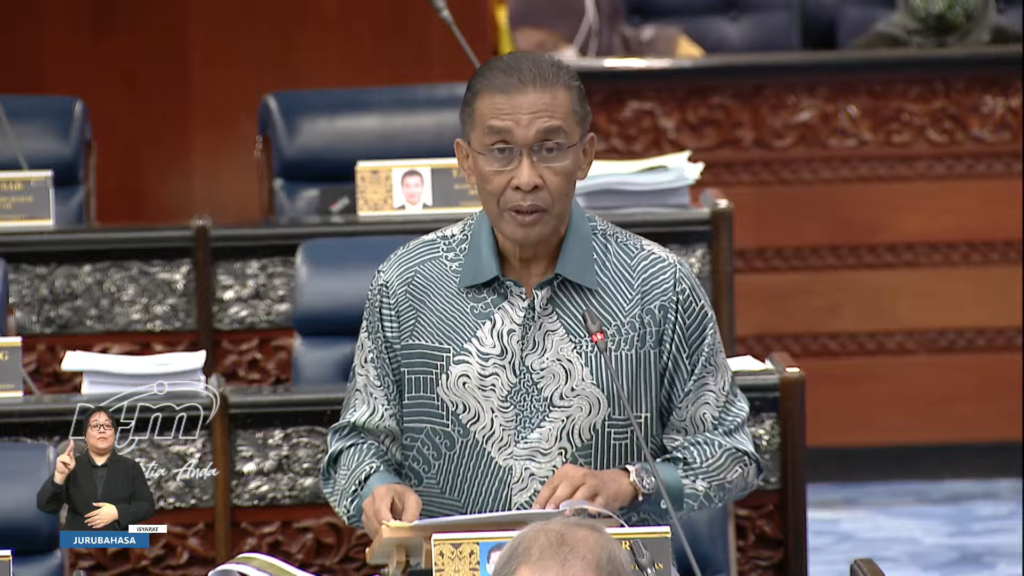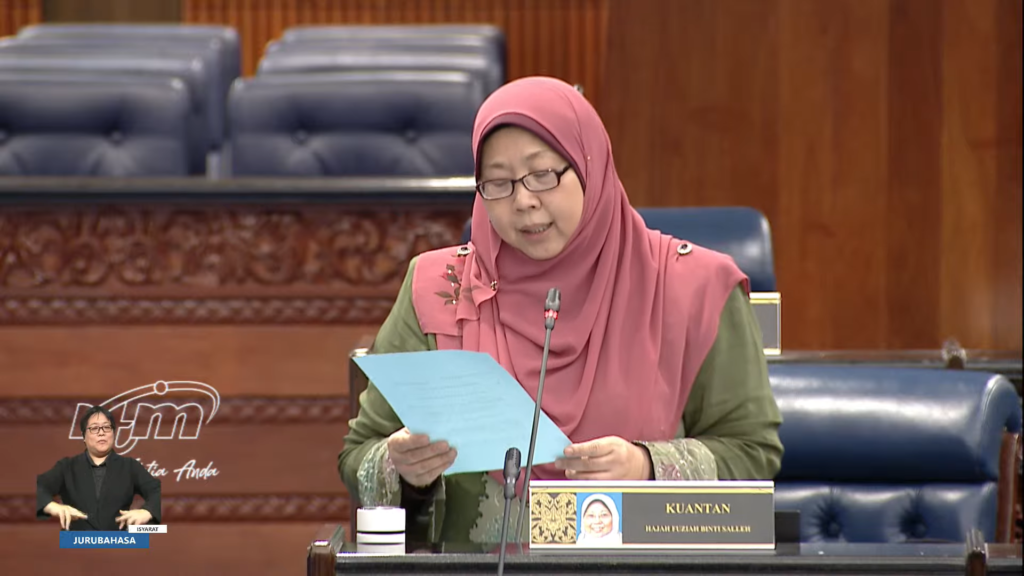
KUALA LUMPUR, Aug 4 – The Parliament was informed today that the Pahang Government stopped issuing any orders since May this year for mining operations in the areas near and surrounding the natural freshwater lake of Tasik Chini in the state, which gained the status of a United Nations Educational, Scientific and Cultural Organisation (UNESCO) biosphere reserve in 2009, Malaysia’s first to given the status.
Answering a question from Kuantan Member of Parliament Fuziah Salleh (PH), on the efforts taken to save the lake from being stripped of its biosphere status, Minister of Energy and Natural Resources Takiyuddin Hassan said both the Federal and state government were taking various measures aimed at rehabilitaing and conserving the natural biosphere heritage of the lake, which has been losing its rich biospheric values due to mining and other activities in the area over the years.
Takiyuddin said this would involve the continued planting of trees, the stop order on any form of mining and other operations in the area as well as more stricter enforcement and monitoring of the area.

Admitting that there had been a lapse in the supervision of the environment by the government in Tasik Chini, he said the stop order operations was issued in June last year after the government received a letter from the Secretariat of the Man and the Biosphere (MAB) under the UNESCO in May 28, 2021, which had called on Malaysia to rehabilitate Tasik Chini.
The MAB programme is an intergovernmental scientific programme that aims to establish a scientific basis for enhancing the relationship between people and their environments.
He said companies that had received approvals for mining in the years of 2020 and 2021 also had received the orders to stop mining.
He said the state and federal government had also prepared the draft of the Tasik Chini’s Environmental Impact Assessment (EIA) Review report, which will be ready for submission by Sept 30 this year as requested.
Among other efforts taken include a study of the lake’s water undertaken by the Ministry of Environment in 2016, and tree planting by the Department of Forestry since 2015. The state government had also spent RM4.5 million allocated by the Federal government to better manage the site, while empowerment programmes for the Orang Asli community in the area were also undertaken, Takiyuddin said.
Responding to the second question from Fuziah on how the environmental issue of Tasik Chini could have been easily overlooked, when there was a 10-year period before a review of its status as a UNESCO site and who should be accounting when the biospheric space had a core area of protection, a buffer zone and a transition area, the minister admitted with honesty that the government had indeed overlooked it.
He gave the assurance that the government has issued a serious warning that no one will be spared if any mining activity takes place there and that all efforts will be taken to rehabilitate the place.
There are only 738 biosphere spaces in the world and the government will do its best to protect the 3 such areas in Malaysia.
According to MAB, biosphere reserves are ‘learning places for sustainable development’. They are sites for testing interdisciplinary approaches to understanding and managing changes and interactions between social and ecological systems, including conflict prevention and management of biodiversity.
–WE